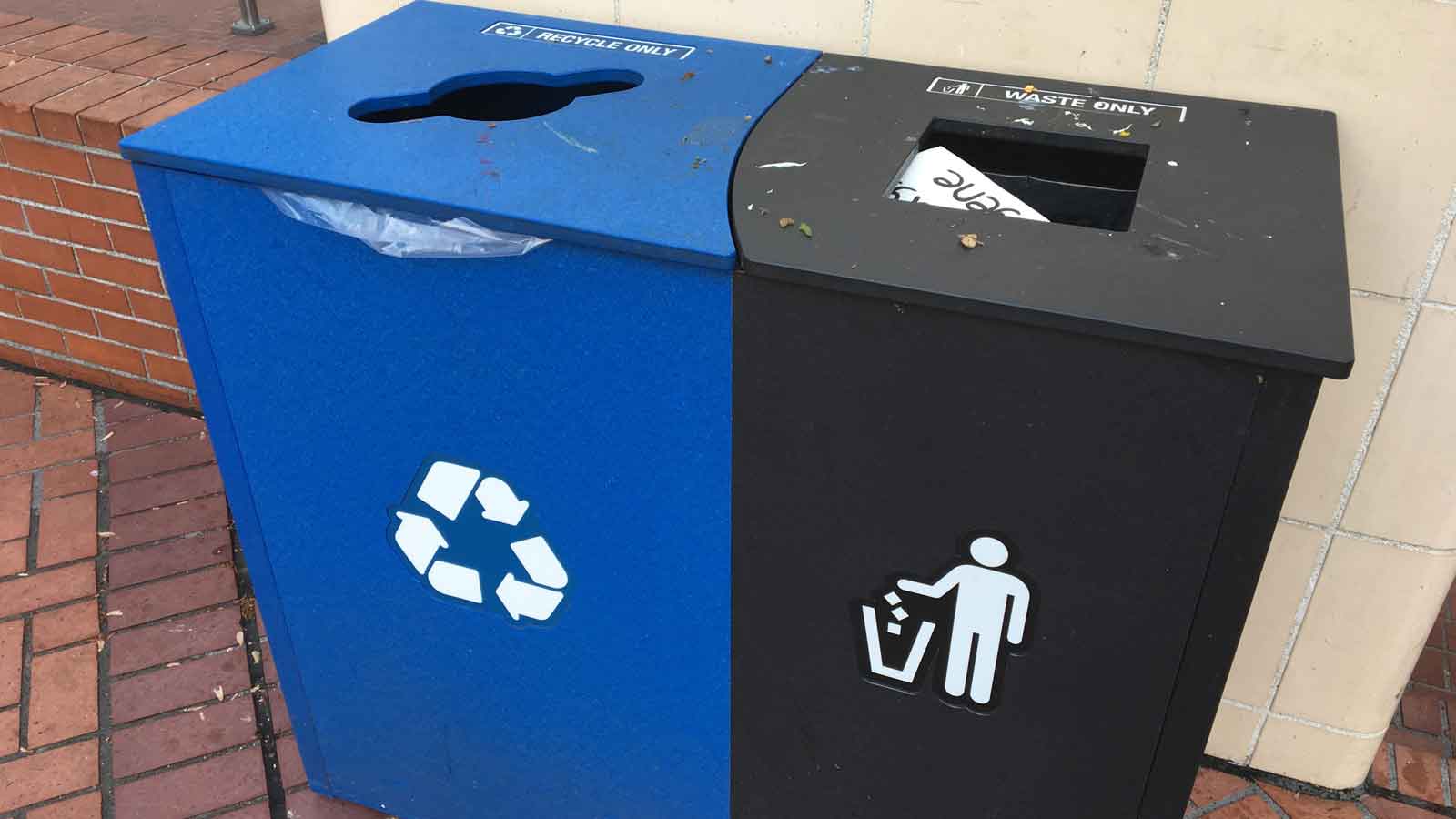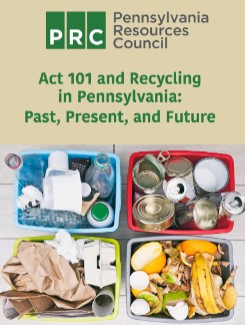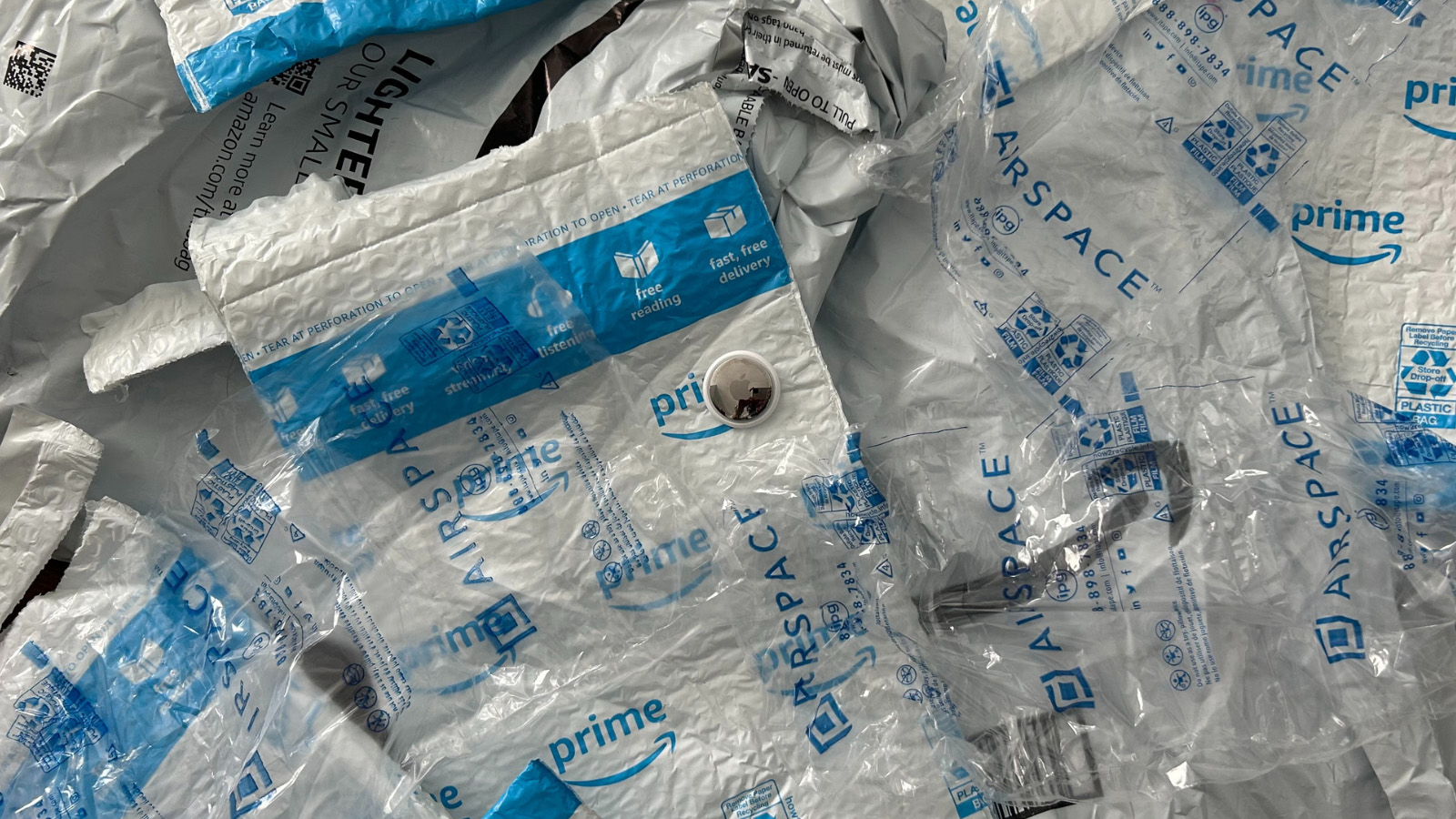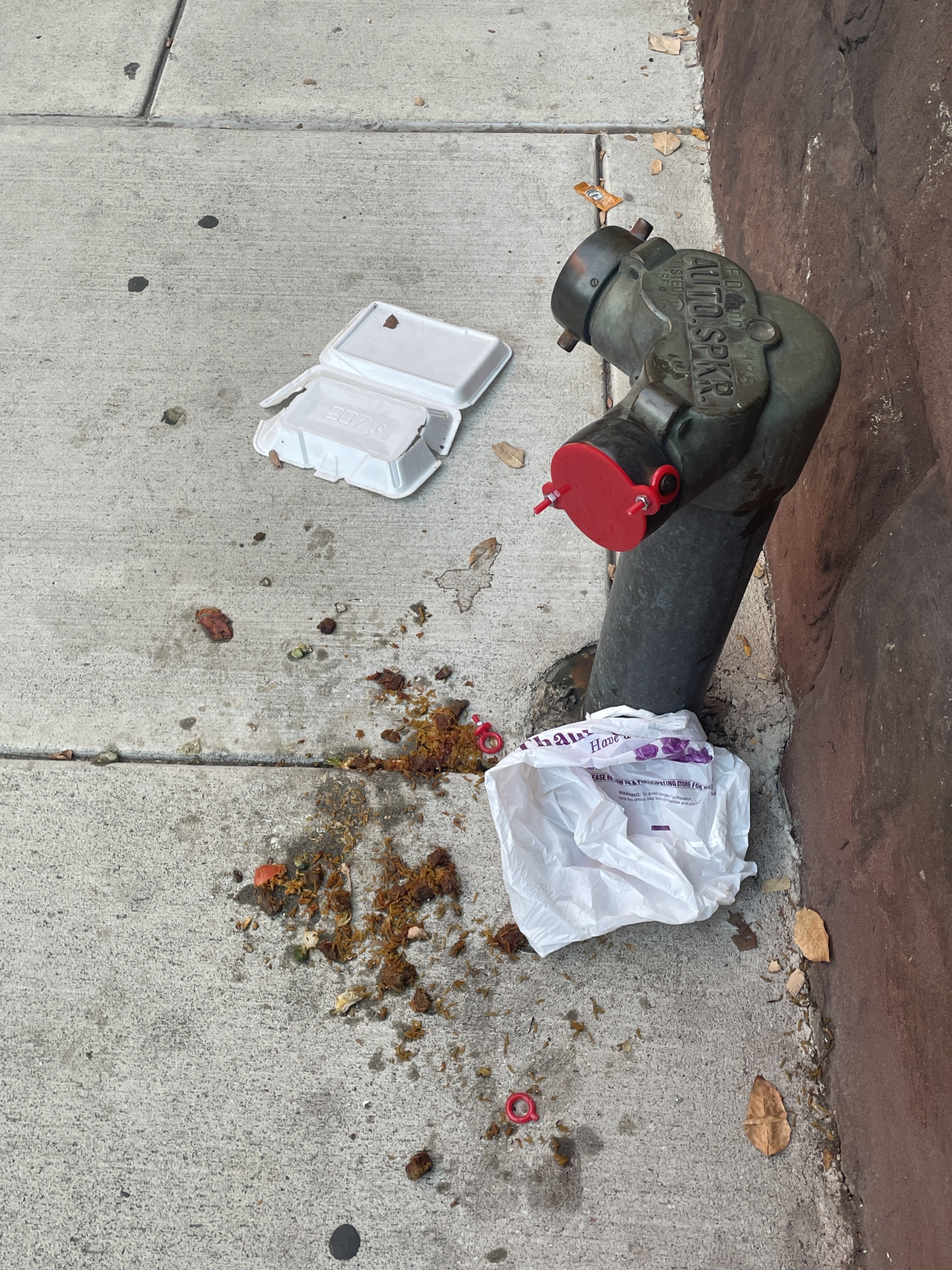Letter: Bringing Pennsylvania’s Recycling into the 20th Century
Over 50 organizations, experts, and local leaders have called on state legislators to take action and modernize Pennsylvania's aging waste and recycling law, Act 101, which has stood largely unchanged for over 30 years.
When passed in 1988, Pennsylvania’s landmark recycling law known as “Act 101” was considered a national model for addressing statewide solid waste challenges. But as the law prepares to celebrate its 35th anniversary, it is clear that Act 101 is outdated and hasn’t kept up with our modern consumption and disposal. For this reason, we call on our elected officials to update and improve our waste systems.
A recent report by the PennEnvironment Research & Policy Center and the Pennsylvania Resources Council uncovered many of the weaknesses and outdated policies within Act 101 that require improvement. While Act 101 created the necessary foundation for the Commonwealth to kick-start recycling, the report finds that the law is inadequate today. Key challenges include: recycling requirements differ across municipalities, which impedes the benefits of strong recycling and waste diversion; waste generation has grown by 45% between 1990 and 2018; new products are being made that have no good end use plans, such as single-use plastics and e-waste; and recycling funding has essentially been stagnant, which is leading to cities cutting the types and amounts of recycling that they collect. In order to bring Act 101 and our waste system into the 21st century, we recommend the following:
- Require recycling and modern solid waste programs in all Pennsylvania communities. Currently, only 475 Pennsylvania municipalities (25%) are required to offer curbside recycling under Act 101. This leaves swathes of the Commonwealth without access to basic recycling. We need to ensure the remaining 1,520 Pennsylvania municipalities that currently don’t have to meet recycling standards under Act 101 are brought into the fold–and receive the financial assistance to do so.
- Ensure that all of the common materials that are part of our waste stream in our day-to-day lives, such as cardboard, paper, glass bottles, aluminum and steel cans, and single-use plastics, are required to be collected by local recycling programs and curbside recycling efforts. Right now, the municipalities mandated to provide recycling are only required to collect only three out of eight commonly used materials (aluminum cans, steel/tin cans, 3 types of plastic, newsprint, corrugated paper, and clear, brown and green glass). This leaves valuable recyclables going to landfills or incinerators and makes it difficult to coordinate recycling education and messaging across the whole Commonwealth.
- Properly fund our recycling programs. Funding for recycling has essentially flatlined since the passage of Act 101 in 1988. We need to properly fund our recycling programs to ensure their success, and we should ensure that the producers pay for the waste they produce. This could include revenue generation through increased fees on trash for instate and out-of-state waste, or through producer responsibility fees like a statewide bottle deposit program.
- We need comprehensive programs for composting (to deal with our largest source of waste: organics), for e-waste (our fastest growing and a highly-toxic part of the waste stream), and the pervasive pollution from single-use plastics that’s plaguing the planet.
At the same time, enhancing Pennsylvania’s recycling and solid waste efforts would have numerous benefits for the Commonwealth. Recycling is already a $22.6 billion industry that employs over 66,000 people statewide while reducing our carbon footprint equal to taking 2 million cars off the road each year. By modernizing and improving our recycling efforts, we can expand upon these benefits.
Pennsylvania can be a leader in recycling by modernizing the policy that positioned us as champions so long ago. For our health, environment, and the economy, we must recommit to reducing, reusing, and recycling across our commonwealth.

Webinar: Bringing Pennsylvania’s Recycling into the 21st Century

Act 101 and Recycling in Pennsylvania: Past, Present, and Future

Donate Today
Our research and public education work are all made possible by tax-deductible contributions from supporters like you.
Topics
Authors
Faran Savitz
Zero Waste Advocate, PennEnvironment Research & Policy Center
Faran works on PennEnvironment’s Zero Waste program, working to reduce plastic waste in Pennsylvania and to protect our parks and open spaces. Faran’s work has included helping to write and pass bans on single-use plastic across Pennsylvania, including in Philadelphia, promoting the Zero Waste PA package of legislation, protecting major conservation laws like the Land and Water Conservation Fund, and publishing the report “Microplastics in Pennsylvania,” which was the result of a project testing more than 50 Pennsylvania waterways for microplastic pollution.
Find Out More

Truth in recycling

Our newest study: 84% of food trucks surveyed in Philly violating city’s ban on single-use plastic bags
Factsheet: Bringing Pennsylvania’s Recycling into the 21st Century

